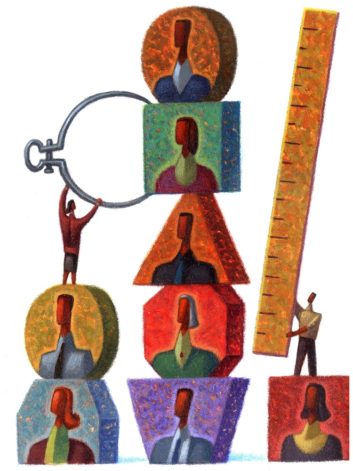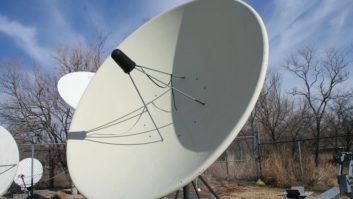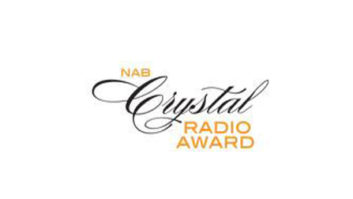 A number of organizations that support EEO in broadcasting would like the FCC to consider nine proposals to help improve compliance and enforcement.
A number of organizations that support EEO in broadcasting would like the FCC to consider nine proposals to help improve compliance and enforcement.
Their proposals are in a filing that was coordinated by the Multicultural Media, Telecom and Internet Council.
The FCC has open a further notice of proposed rulemaking in which it is taking comments about the collection of data to understand broadcast EEO trends by race and gender.
It wants fresh comments about the required collection of data on FCC Form 395-B, the broadcast station Annual Employment Report.
That form is intended to gather workforce composition data from broadcasters every year; but it has not been collected for two decades. The process was suspended in 2001 because of a legal ruling, and resumption was delayed in 2004 over issues involving confidentiality of the employment data. Those issues remain unresolved.
The EEO supporters told the FCC that resumption of data collection “would serve invaluable public purposes” but that this is not the only element that needs to be considered.
They asked the FCC to consider:
- Requiring certifications that job postings preceded hiring decisions;
- Auditing reform, “which includes increasing audit frequency and randomly selecting some audited units for more thorough review encompassing applicant interviewing and employee selection”;
- Auditing of employment units that received EEOC probable cause determinations;
- Opening “a fact-finding, non-content-based investigation … into the abysmal levels of minority employment in radio news”;
- Providing whistleblower protections, including a confidential phone number and protections against retaliation;
- Developing and disseminating compliance tools, such as an EEO Primer, Best Practices, FAQs and Model EEO Programs;
- Extending EEO scrutiny to cover promotion, retention, training and mentoring;
- Extending proactive EEO enforcement to high-tech companies, in cooperation with the EEOC; and
- Consolidating all anti-discrimination compliance and regulatory enforcement (to include advertising, transactional, procurement and employment discrimination) in a new Civil Rights Section of the Employment Bureau.
The 38 organizations participating in the filing include the NAACP, Rainbow PUSH Coalition, the National Action Network, the Hispanic Federation and the National Bar Association.
The groups made particular note of a proposal to have the Enforcement Bureau examine whether a licensee, having been found to have violated the broad outreach elements of the EEO rule, may also have violated its core nondiscrimination obligation.
“It is hornbook law that EEO statistics should be considered as part of a tribunal’s consideration of whether a respondent company engaged in discrimination,” they wrote.
“As the commission has long held, excessive use of word-of-mouth recruitment by members of a station’s homogeneous staff is inherently discriminatory and could be disqualifying. If such a case arises, one piece of evidence that should be available to the Enforcement Bureau staff is data on the racial and gender composition of those whose ‘mouths’ are doing the ‘word of mouth’ recruitment.
“Broadcasting must not become the only industry in the country that is immune from the obligation to produce data that is useful to a finder of fact in determining whether an employer may have engaged in a discriminatory scheme.”







